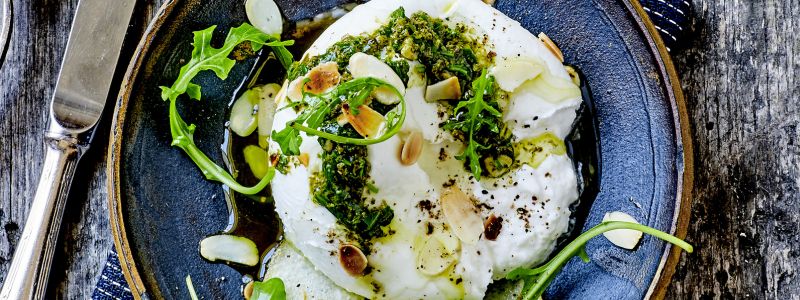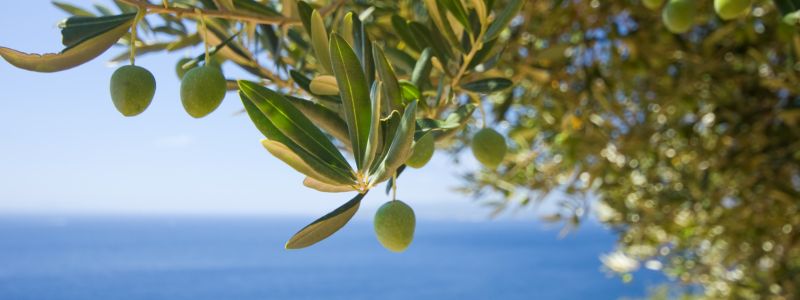Polyphenols, Antioxidants, and Olive Oil: Better Food for a Better Life
Polyphenols in Olive Oil: Health Benefits and Choosing Rich Oils
Polyphenols, antioxidants and oxidative stress: Why are we talking about them so much?
In recent years, polyphenols, antioxidants and oxidative stress have become key topics in the discussion of nutrition and disease prevention. At Oliviers & co Prague, we see a growing interest in these compounds during our exchanges with our food-conscious customers.
Extra virgin olive oil rich in polyphenols
If you are looking for a high-quality olive oil naturally rich in polyphenols, here are some of our best references:
Extra virgin olive oil Extraverte - 594 mg/kg
Affiorato extra virgin olive oil - 451 mg/kg
Sabino Leone extra virgin olive oil – 612 mg/kg
Extra virgin olive oil sabor d'oro – 440 mg/kg
Extra virgin olive l'éclatante – 558 mg/kg
Extra virgin olive oil la bastide de laval – 483 mg/kg
Note: Good quality extra virgin olive oil usually contains between 250 and 500 mg
phenolic compounds per kilogram

Understanding polyphenols and their role in our health
What is a polyphenol?
Polyphenols are powerful antioxidants found in many plants, including fruits, vegetables, seeds, and of course, olives. They help protect blood lipids from oxidation, making them valuable allies in the prevention of many chronic diseases.
Oxidative Stress: An Imbalance to Monitor
Oxidative stress occurs when the body produces too many free radicals—unstable molecules—without enough antioxidants to neutralize them. The result: Cell damage that can promote the development of diseases such as cancer, cardiovascular disorders, type 2 diabetes, or certain forms of dementia and arthritis.
We could compare this phenomenon to "rust" that slowly settles in our cells.
Antioxidants: Natural Defense
Antioxidants work by neutralizing free radicals, thereby protecting the body's cells, DNA and proteins. They are found naturally in our diet - especially in fruits, vegetables, herbs, spices and vegetable oils - and play a key role in slowing cellular aging and reducing the risk of inflammatory diseases.
Research continues to explore the complex interactions between antioxidants, polyphenols, and other biological molecules, but one thing is certain: Regular consumption of them is beneficial to health.
Quality and Freshness: Keys to Beneficial Olive Oil
The European Union officially recognizes the benefits of polyphenols in olive oil: Provided it contains at least 250 mg/kg, extra virgin olive oil can legally claim to help protect blood lipids from oxidative stress (for a daily consumption of 20 g).
However, the concentration of polyphenols can vary depending on:
Terroir and olive varieties
Cultivation and extraction methods
Transport and storage conditions
💡Polyphenol content is measured at bottling, but it decreases over time, especially if the oil is exposed to heat, light or air.
Our tips for maintaining the richness of the oil:
- Keep it in a cool place and away from light.
- Always close the bottle carefully
- Avoid transparent containers or direct sunlight
- consume it fresh to maximize its benefits
Olive Oil: Nutritional Benefits and Culinary Delights
At Oliviers & co, we believe that delicious cuisine can also be beneficial for your health. Extra virgin olive oil, rich in polyphenols, not only conquers your dishes: It also helps strengthen your body's natural defenses.
According to nutritional recommendations, vegetable oils, such as olive oil or canola oil, are preferred over animal fats. They provide essential fatty acids, protect the heart, and are more environmentally sustainable.
Good olive oil is much more than just a condiment: It's an essential health ingredient of the Mediterranean diet.
Use it sparingly, but regularly:
- On salads or grilled vegetables
- In your soups, yogurts or homemade sauces
- With bread, simply

Other natural sources of polyphenols
If you want to enrich your diet with polyphenols, focus on a variety of plants. Here are some foods rich in these compounds:
Fats
Extra virgin olive oil
Flaxseed oil, dark sesame, avocado
Vegetables
Spinach, broccoli, artichokes, onions, carrots, celery
Fruit
Citrus fruits, apples, olives, grapes, red fruits (blueberries, strawberries, cherries...)
Pomegranate, plums, aronia berries, avocado, peaches, apricots
Cereals, legumes and seeds
Lentils, chickpeas, beans, quinoa, brown rice, oats
Flaxseed, walnuts, almonds, hazelnuts
Spices and herbs
Oregano, turmeric, cinnamon, ginger, thyme, rosemary, sage, mint
Drinks
Green tea, coffee, red wine (in moderation)





